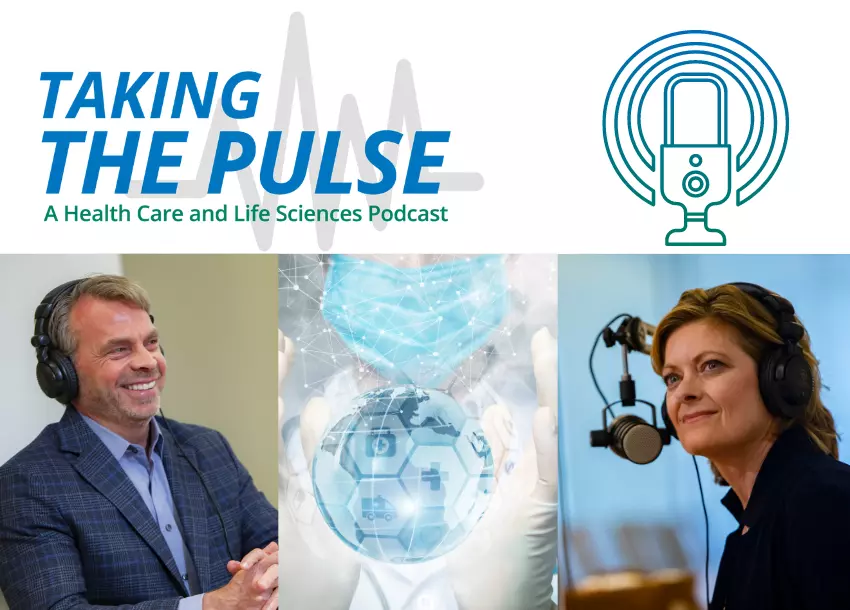EPA to Terminate Temporary COVID-19 Enforcement Policy
On June 29, 2020, the United States Environmental Protection Agency (EPA) released an addendum to its previously announced COVID-19 Enforcement Policy, effectively setting a termination date of August 31, 2020, for the temporary enforcement discretion described in its previous memorandum. EPA originally released a memorandum on March 26, 2020, addressing the impacts of the COVID-19 pandemic on the agency’s Enforcement and Compliance Assistance Program. The temporary policy relaxed regulatory consequences for most forms of noncompliance caused by COVID-19 related workforce shortages, social distancing requirements, and other limitations.
The temporary enforcement policy has been widely criticized by environmental interest groups for allegedly granting carte blanche to pollute. A number of State attorneys general have challenged the policy as well, asserting that it exceeds EPA’s authority.
The termination addendum reserves EPA’s right to terminate the enforcement discretion policy earlier than August 31, though only by providing a minimum advance notice of seven days. The termination of the temporary policy will require regulated entities to return to timely reporting for all permit and regulation based obligations, though under the terms of the temporary policy “catch-up” reports will not be required for monitoring report requirement that apply to intervals of less than three months. Annual or bi-annual reporting obligations may be required, even if the monitoring is conducted later than typically required. The termination also ends the blanket discretion to eschew civil penalties for noncompliance related to COVID-19, although the addendum states that EPA retains the ability to exercise enforcement discretion on a case-by-case basis.
With confirmed cases of COVID-19 on the rise nationwide, and renewed restrictions being implemented in several states, regulated entities should give additional attention to their compliance plans and contingencies prior to August 31. If workforce shortages or other COVID-19 related legal restrictions make compliance obligations impossible or impractical after the termination of the temporary policy, the documentation framework set out in EPA’s March 26 memo remains good practice:
- Act responsibly under the circumstances in order to minimize the effects and duration of any noncompliance caused by COVID-19;
- Identify the specific nature and dates of the noncompliance;
- Identify how COVID-19 was the cause of the noncompliance, and the decisions and actions taken in response, including best efforts to comply and steps taken to come into compliance at the earliest opportunity;
- Return to compliance as soon as possible; and
- Document the information, action, or condition specified in a. through d.
While there are no assurances of civil penalty avoidance after August 31, strong documentation of good faith efforts toward compliance will go a long way toward resolving issues as they arise.
About Maynard Nexsen
Maynard Nexsen is a full-service law firm of nearly 600 attorneys in 31 locations from coast to coast across the United States. Maynard Nexsen was formed in 2023 when two successful, client-centered firms combined to create a powerful national team. Maynard Nexsen’s list of clients spans a wide range of industry sectors and includes both public and private companies.








